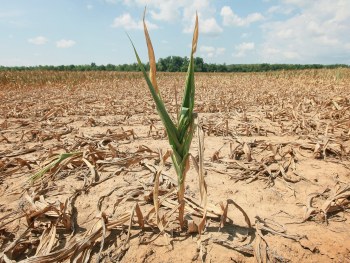Sustainability is well on its way to become the most stuffed buzzword of our timeframe. Everything these days is sustainable (if not 'resilient' or 'climate smart'). But while the meaning may have eroded in public discourse, sustainability is still at the heart of what we do as an organisation. That's why we find it important to define more clearly what sustainability means to Rikolto and have a consistent understanding of the concept.
On this page we focus on the ecological aspect of sustainability. As an organisation we have to make decisions every day in response to changes in our environment. Each time, new questions arise about what the "true sustainable choice" would be. As you might expect, there are no easy answers.
In the following articles, we formulate our position on some specific questions and issues that our colleagues encounter in their efforts to build sustainable agricultural chains. We also enriched the texts with good practices from our various programmes. Enjoy reading!





